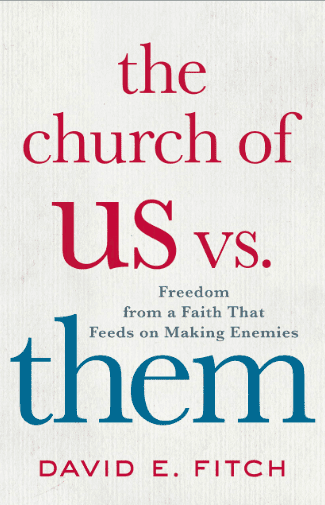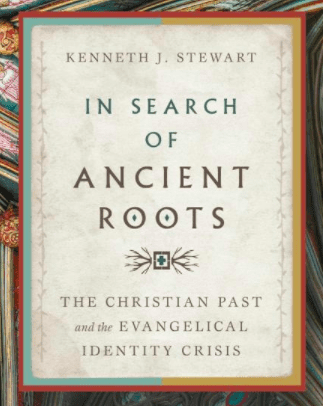 Jonathan Merritt knows the inside story of evangelicalism’s flirtation with power in the last two decades. Some might say he knows too much; some of it he has experienced himself; he shows the underbelly of some of the Southern Baptist Convention’s gamesmanship when it comes to political issues — including (sadly) environmentalism. His account in A Faith of Our Own is discrete but not unafraid to say “the jig is up” on being too comfortable in the halls of power. Some of us would say of the evangelical flirtation with power that “the powers, after all, have no clothes — nor did they ever have them.”
Jonathan Merritt knows the inside story of evangelicalism’s flirtation with power in the last two decades. Some might say he knows too much; some of it he has experienced himself; he shows the underbelly of some of the Southern Baptist Convention’s gamesmanship when it comes to political issues — including (sadly) environmentalism. His account in A Faith of Our Own is discrete but not unafraid to say “the jig is up” on being too comfortable in the halls of power. Some of us would say of the evangelical flirtation with power that “the powers, after all, have no clothes — nor did they ever have them.”
There is a rising number of Christians who are not tempted, and they are establishing a better way for Christian witness.
What are the specific instances where you think evangelicals and progressives have gotten too close to power? Where are you seeing an “enough is enough” attitude? Is proximity to state power seductive? Do you think progressive and evangelicals have been used as a voting bloc?
They will not let the Christian issues be reduced to one or two talking points or issues in the culture war. Why, they ask, is abortion so important but nuclear war not? He writes about Tyler Wigg Stevenson, Bethany Hoang and IMJ… that is, the “Christian agenda” is broadening. I find Jonathan’s perception here entirely accurate… things are changing among the next generation.
When I hear pastors “disappointed” with some senator’s deceits and conceits I have to admit my response is not so much cynical as it is non-plussed: Power corrupts, or at least humans with power tend toward corruption. The more power the more temptation to corruption. Pastors, of all people, ought not to be registering disappointments when astute observers have been saying that very thing for years. I, for one, was not surprised one bit by President Obama’s support of same-sex marriage; I was surprised by pastors who were surprised.
Christians, too, are at war with one another. Embarrassingly so at times. Our culture is a culture of opinion and it has become the age of incivility in opinionating. Jonathan gets it exactly right when he says we have a “most distasteful disposition” (53).
One of the more telling stories is his interaction with a veteran, his mentor, who told him, after he had experienced a taste of power, to beware of the seduction. His observation is that we should always be uncomfortable in the halls of power. Constantine was a mistake; we have suffered for it ever since — and this latest flirtation with power, both from the Left and the Right.
Here is where we have to get to become Christian when it comes to politics:
When one stands before Jesus on the cross, the kingdom is unveiled in its entire splendor and our modern understanding of social engagement is turned on its head. The kingdom, Jesus demonstrates, can never be won through a culture war because it promotes serving above winning, sacrifice above entitlement, giving above taking over (82).











